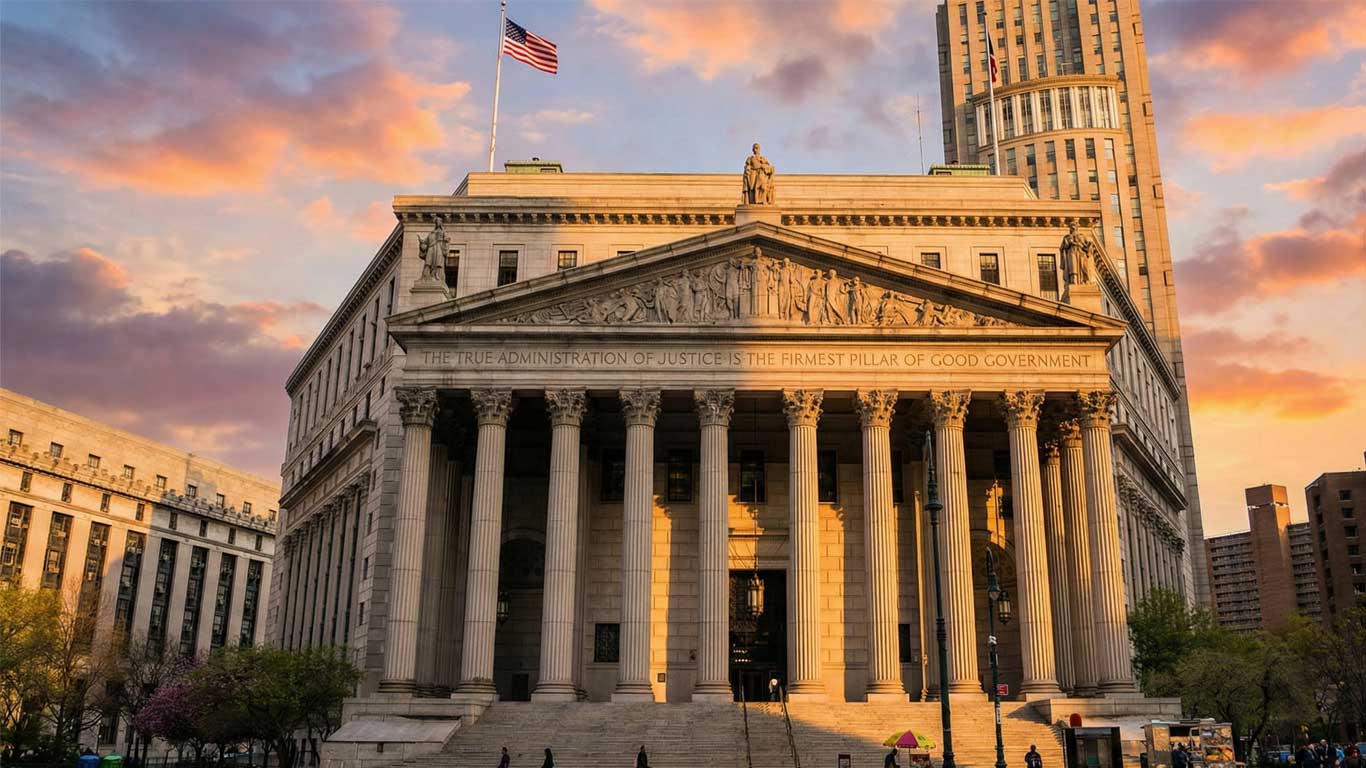
The Tenth Circuit Court of Appeals has weighed in on a significant legal battle between Custodia Bank, Inc., a Wyoming-based bank focused on digital assets, and the Federal Reserve System. The court’s decision, handed down on October 31, 2025, centers on whether the Federal Reserve Banks have the discretion to deny master accounts to eligible institutions. The court affirmed the district court’s ruling, siding with the Federal Reserve and denying Custodia Bank’s claims.
The Core of the Dispute: Master Accounts and Fed Services
The case revolves around the concept of a “master account,” which is essentially a bank account that a financial institution holds with a Federal Reserve Bank. This account is crucial because it allows banks to access the Federal Reserve’s services, including crucial payment systems for transferring funds. Without a master account, a bank’s ability to function effectively is severely limited.
Custodia Bank’s Perspective
Custodia Bank, a state-chartered bank specializing in services for digital asset companies, applied for a master account with the Federal Reserve Bank of Kansas City (FRBKC). Custodia argued that, as an eligible institution, it was entitled to a master account. They contended that the Federal Reserve was legally obligated to grant their application. Their primary argument rested on a provision of the Depository Institutions Deregulation and Monetary Control Act (MCA) of 1980, specifically section 248a(c)(2), which states that Federal Reserve bank services “shall be available to nonmember depository institutions.” Custodia argued that this language created a mandatory, non-discretionary duty for the Fed to grant them access.
The Federal Reserve’s Position
The Federal Reserve, on the other hand, argued that it has the discretion to decide which institutions receive master accounts. They claimed that granting master accounts is not an automatic right and that they must consider the risks posed to the financial system. In this case, the FRBKC denied Custodia’s application, citing concerns about the bank’s crypto-focused business model. The Fed argued that this model presented undue risk to the Fed’s payment systems and services.
The Court’s Ruling: Discretion Prevails
The Tenth Circuit sided with the Federal Reserve, rejecting Custodia Bank’s claims. The court’s decision hinged on its interpretation of three key statutory provisions:
#1. Section 342 of the Federal Reserve Act (FRA)
This section, originally enacted in 1913, states that a Federal Reserve bank “may receive” deposits from various institutions. The court interpreted the word “may” as granting the Reserve Banks discretionary authority over accepting deposits, which is directly tied to their ability to open and maintain master accounts. The court found that the authority to open an account to receive such funds is also discretionary.
#2. Section 248a of the Depository Institutions Deregulation and Monetary Control Act (MCA)
This is the heart of Custodia’s argument. The court acknowledged that the MCA does mandate that Federal Reserve bank services “shall be available to nonmember depository institutions.” However, the court determined that this provision primarily addresses the pricing of services, not the granting of master accounts. The court determined that this provision prescribing how the Board must go about pricing services says nothing about account access, which is controlled by Reserve Banks.
#3. The Toomey Amendment
Enacted in 2022, this amendment to the FRA requires the Federal Reserve Board to create a public database of institutions holding or applying for master accounts. The court found that this amendment, which acknowledges that requests for master accounts might be rejected, further supported the Federal Reserve’s discretion.
The Court’s Reasoning
The court’s reasoning was based on the following points:
* Statutory Interpretation: The court emphasized the plain language of the statutes, particularly the discretionary nature of Section 342 of the FRA.
* Contextual Analysis: The court argued that Section 248a of the MCA primarily deals with pricing and does not override the discretion granted in the FRA.
* Avoiding Constitutional Issues: The court also considered the potential constitutional implications of a ruling that would limit the Federal Reserve’s discretion.
Custodia’s Arguments Rejected
The court addressed and rejected several arguments raised by Custodia Bank:
* “Shall Be Available” Argument: The court found that the phrase “shall be available” in the MCA refers to the general availability of services to nonmember institutions, not an automatic entitlement to a master account.
* Legislative History: The court found that statements in the legislative history did not clearly address the question of discretion over access for individual entities.
* Federal Reserve Statements: The court determined that prior statements by the Federal Reserve regarding the MCA did not undermine its current interpretation.
* Constitutional Concerns: The court rejected Custodia’s arguments that the Federal Reserve’s discretion violated the Due Process and Appointments Clauses.
The Dissenting Opinion
The case also had a dissenting opinion, which argued in favor of Custodia Bank. The dissenting judge believed that the MCA mandates access to Federal Reserve services for nonmember depository institutions. The dissent also raised concerns about the constitutional implications of granting unreviewable discretion to the Federal Reserve.
Implications of the Decision
The Tenth Circuit’s decision has significant implications for the future of digital asset banks and the Federal Reserve’s role in regulating the financial system. It reinforces the Federal Reserve’s discretion in deciding which institutions gain access to its services, potentially making it more difficult for crypto-focused banks to operate. The decision also raises questions about the balance between innovation and financial stability in the evolving financial landscape.